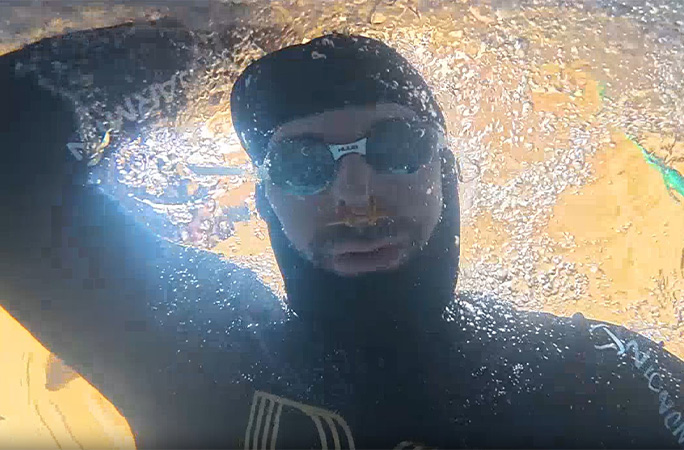Freediver holds breath underwater for almost HALF AN HOUR to smash iconic record

A freediver has broken an iconic world record by holding his breath underwater for almost half an hour.
The incredible feat was achieved by Vitomir Maričić (Croatia), who wanted to send a strong message about ocean conservation.
On 14 June, he submerged his face beneath the water and floated in the same spot for an unbelievable 29 minutes 3 seconds, to take the record for longest time breath held voluntarily underwater (male).
Vitomir, who is a member of Adriatic Freediving, broke the record of 24 min 37.36 sec by Budimir Šobat (Croatia), that had stood since 2021.
With his head under the water, Vitomir took one last breath from the oxygen tank.
Supported by pool noodles, he lay belly down in the tank, holding on to the sides with his face submerged.
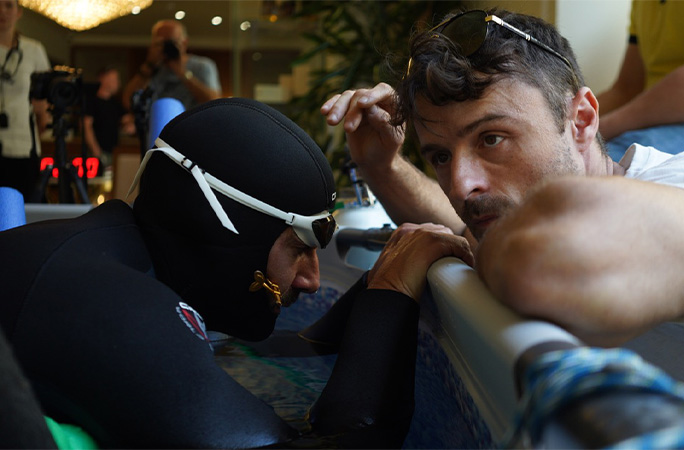
A support team, including AIDA freediving judges, was around him and constantly monitoring him to ensure his safety.
Sped-up footage shows people moving around the room as the time ticks by and he lies there motionless and calm.
It’s almost a full 30 minutes later that he submerges, standing up to remove his goggles and take in the rapturous applause around him.
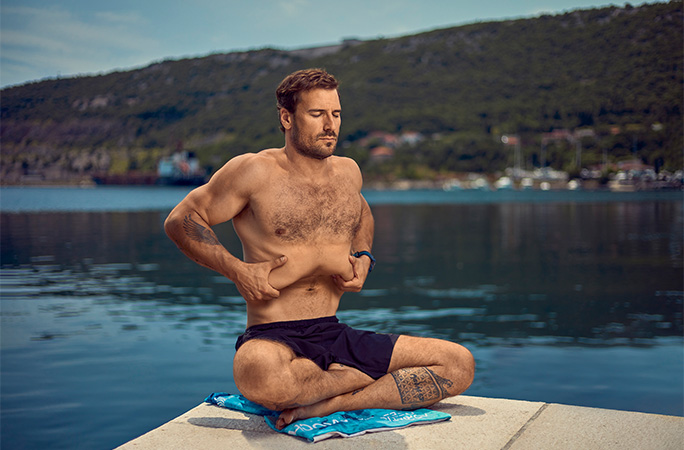
Even after so long under the water, he doesn’t appear to be gasping for air.
He worked for nine months to prepare for his record attempt.
Speaking to Diver Net, he said of his mammoth effort: “After the 20-minute mark, everything became easier, at least mentally.”
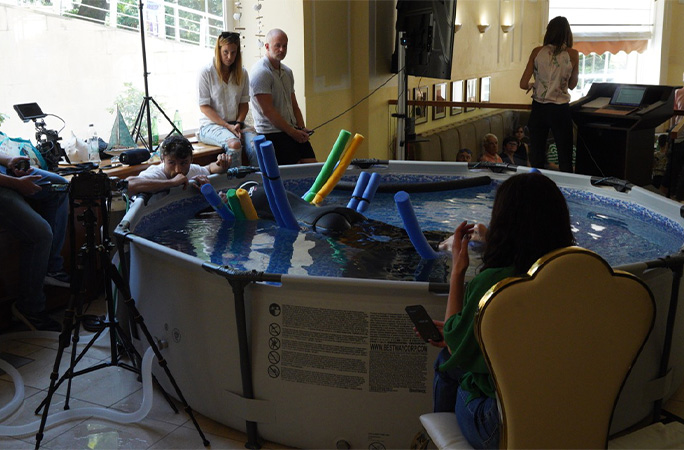
Although he said that everything “got worse and worse physically, especially for my diaphragm, because of the contractions. But mentally I knew I wasn’t going to give up”.
Humans have improved the amount of time they can hold their breath underwater dramatically in the last few decades.
The record has increased from 13 min 42.5 sec, set by Robert Foster (USA) in March 1959, to the unbelievable 29 min 3 sec it stands at today.
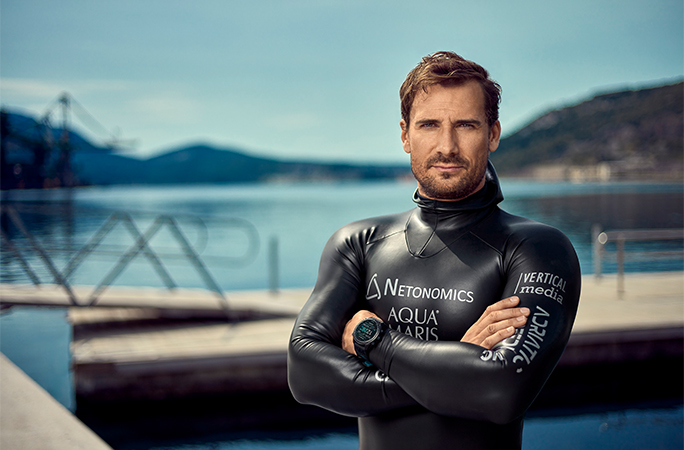
What happens to the body when someone holds their breath?
WebMD says that when you hold your breath, the oxygen levels in your body drop as carbon dioxide levels rise, sending you into a state of hypoxia.
After just a couple of minutes, your cells will begin to behave differently and your organs could be affected.
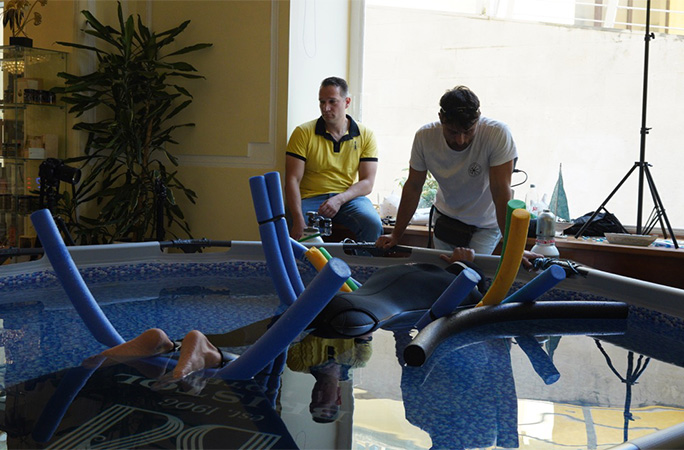
Holding your breath for too long can make your heart beat irregularly and can damage your kidneys and liver.
And as carbon dioxide builds up in your body, your brain notices the difference and tells your body it needs to inhale.
Still not breathing at this point can cause you to faint, suffer a seizure, or even injure your brain.

Freedivers train their bodies to cope with reduced oxygen levels.
They prepare by taking deep, oxygen-rich breaths and relaxing the mind to trigger the mammalian dive reflex, which slows down the heart rate, redirects blood to vital organs and makes the spleen release oxygen-storing red blood cells.
The skilled divers also work hard to increase their lung capacity and tolerance for carbon dioxide.
